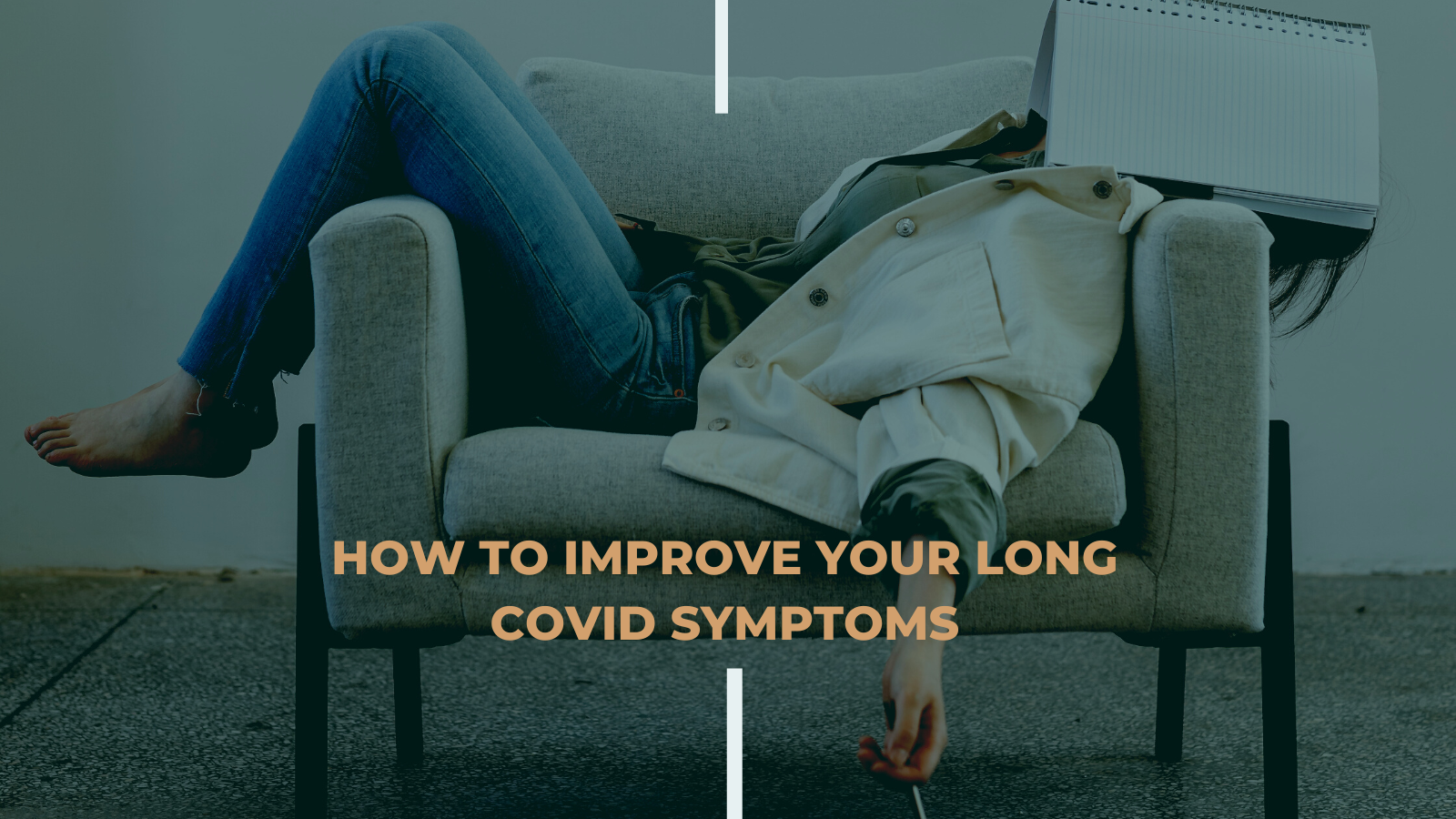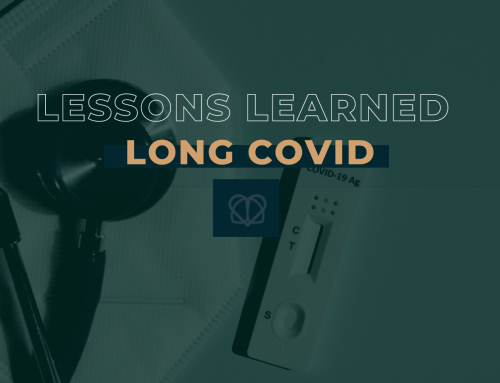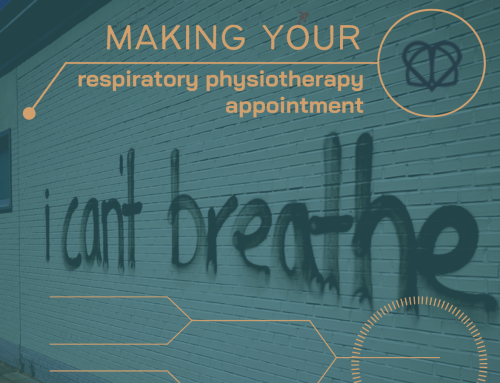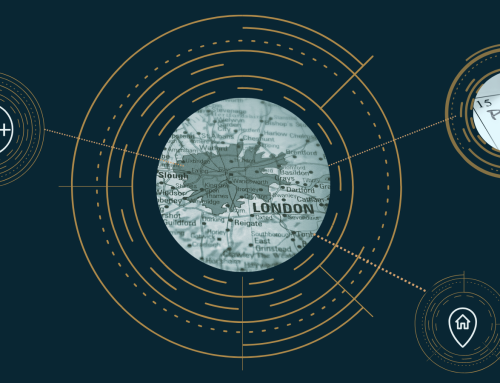COVID may not be making the headlines in the same way as it did even a year ago, but for those people who have been left with long COVID, recovering from the virus is still proving to be a huge stumbling block. And judging by the number of patients who are still coming to see us for treatment, it’s not going anywhere anytime soon.
What is long COVID?
A study of half a million people in England that was published in June 2021 by Imperial College London, defined 2 main categories of ongoing symptoms: a smaller group of people that were more likely to have had severe COVID-19 illness initially and suffered with continuing respiratory symptoms, such as a cough or breathlessness; and a larger group with a cluster of more general symptoms, particularly tiredness and fatigue.
We’ve previously heard from two of our patients – Jasmine and Rebecca – who gave us an insight into what their lives have been like since they contracted the virus, and crucially, how seeking help from our team here at Air Physiotherapy has helped improve their debilitating symptoms.
It’s worth revisiting some tips on how to treat long COVID to try and reduce your symptoms.
How do you treat long COVID?
Unfortunately there’s no one single test to diagnose long COVID or any evidence based treatment yet available to treat it, and clinical guidance centres around symptom management. There are some myths flying around about treatment, and we’ve heard some fascinating ones… from blood washing to stem cells being injected into your body intravenously.
But there are some tips that are widely recognised as being able to help with some of the symptoms. especially if you’re suffering with fatigue and breathlessness:
- Make sure you always pace yourself. Never over-exert yourself and be sure to plan what you’re going to do each day so you don’t take on too much.
- Bitesized chunks. Any tasks you know you must do but feel difficult should be broken down into smaller chunks to make them more manageable. Try to alternate the easier and more difficult activities.
- Balance your activites according to your energy levels. Work our when your energy levels are highest and choose the best time of the day to do certain activities.
- Rest regularly. It’s much better to rest more frequently so rest before you become exhausted.
- Perform breathing control: this breathing exercise focuses on using the diaphragm (the lower part of the chest), and not the upper part. Lower chest breathing is far more energy efficient than upper chest breathing which is effortful and energy sapping.
- Small steps when it comes to exercising again. The amount of exercise you do should only be increased gradually. Begin with a few minutes of simple strength exercises or going for a short walk and slowly increase. Be sure to take plenty of rest before and after, and during if needed.
Stay mindful
Part of your recovery process is about your mental health too – keeping your mood boosted and staying positive. It’s important to take care of how you’re feeling:
- Don’t be too hard on yourself as you recover – some days will be better than others so try to accept this and go easy on yourself the days you’re not feeling on top form
- Stay connected – keeping in touch with family and friends can help you feel happier
- Routine is key – your mood and sense of stability can be boosted by having a daily routine
- Keep moving – continuing to stretch and move will help release endorphins and improve your mood
- Stay mindful – mindfulness-based therapies such as meditation help not only to relieve some of the anxiety associated with long COVID but allows patients to redirect their thought process so that they can cope with symptoms better.
Air Physiotherapy can also help
If you’ve tried following these tips but you’re still struggling you may find you need additional support. Recovery from COVID can be a complex and lengthy process, and it differs from person to person. It is therefore important to see a professional who can created a tailored programme that suits your needs.
It is also vitally important to have input from professionals in the cardio-respiratory field to ensure you are safe to embark on a recovery programme so that you can get back to doing the things you want to do.
Find out more about how Air Physiotherapy may be able to help, please click here, call 0207 971 1464 or email enquiries@





